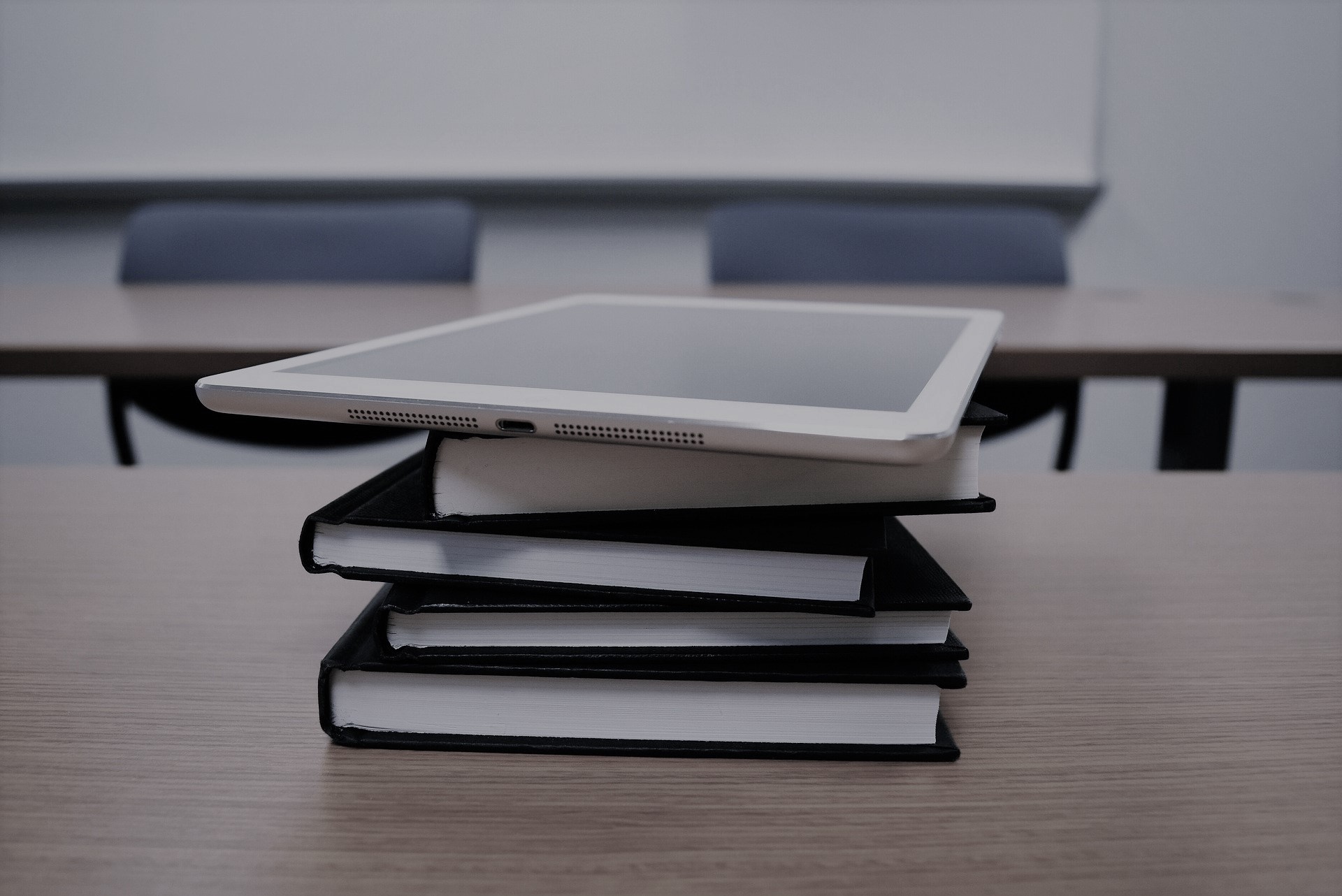Importance of using technologies in the classroom
Main Article Content
Abstract
The use of technologies at school is understood as a resource to assist the teacher in the integration of curricular and innovative contents to strengthen learning. This article has as its theme “The importance of the use of technologies in the pedagogical practice of the educator” and its general objective is to analyze the use of technologies in the contribution of learning. This article invites us to reflect on the use of new technologies in student learning and to rethink the role of the educator in face of the many challenges that are posed to him, to use in a creative and innovative way technological resources as a way of developing potentials and activities necessary for development and learning. To conduct this study, interviews were conducted with students and teachers to learn about the technological practices used in the classroom. It was possible to identify that the majority of educators are favorable to the mediation of learning through the new technologies, but affirm that there are numerous factors that lead them not to use it. The research was the bibliographical research with authors that address the chosen theme and field research analyzing the work of the educator and his pedagogical practices. The use of informatics in education implies new ways of communicating, thinking, teaching and learning. The work is based on a bibliographical research, the foundation is supported by theorists such as Moran (2009), Freire, Fávero. These explain qualitative, welcoming as a method the bibliographic research.
(Imagem de Wokandapix por Pixabay)
Downloads
Article Details

This work is licensed under a Creative Commons Attribution 4.0 International License.
References
ALMEIDA, M. E. Informática e formação de professores. Brasília: Ministério da Educação, 2000.
BRITO. Glaucia da Silva; PURIFICAÇÃO, Ivonélia da. Educação e Novas Tecnologias: um repensar. São Paulo: Pearson, 2012. https://doi.org/10.17851/1983-3652.6.1.3-5
CAVALCANTE, M. B. A educação frente as novas tecnologias: Perspectivas e desafios. 2012.
D´AMBROSIO, Educação Matemática da Teoria e Prática. Campinas Papirus, 2001.
KENSKI, V.M. Educação e tecnologias: O novo ritmo da informação Campinas: Papirus, 2007. https://doi.org/10.5212/praxeduc.v.7i1.00014
MUGNOL, Márcio. A Educação a distância no Brasil: Conceitos e Fundamentos. Rev. Diálogo Educ. [internet]. 2009 [citado maio/ago.] v. 9, n. 27, p. 335-349. https://doi.org/10.7213/rde.v9i27.3589
OLIVEIRA, Veras Barros. de organizadora. Informática em psicopedagogia. 2ª edição. São Paulo: SENAC, 1999.
TAJRA. S. Informática na Educação professor na atualidade. São Paulo. Ed. Erica. 1988 p. 56.
VALENTE, José Armando. O computador na sociedade do conhecimento – NIED 1999

